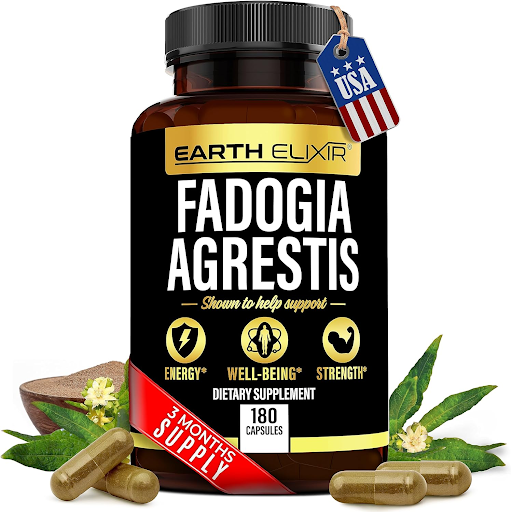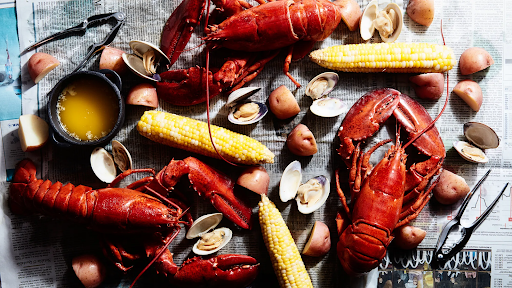
Would you like to know what is the best cat food for a sensitive stomach? We explore the top choices for cat food and provide tips for choosing the right food for your pet.
Table of Contents
Introduction:
Finding the right food for your cat can be challenging if it has a sensitive stomach. It can be difficult to determine whether certain ingredients in commercial cat foods are safe for your cat since many contain fillers and additives that can cause digestive issues.
Our goal in this article is to discuss the best cat food options for cats with sensitive stomachs and to provide tips on how to choose a food for your cat and how to transition her to a new diet.
What Causes Sensitive Stomachs in Cats?
Several factors contribute to the development of a sensitive stomach in cats. The following are among them:
- Food allergies or sensitivities:
- Similarly to humans, cats are capable of developing allergies to certain ingredients in their diet. Beef, dairy, and corn are among the most common allergens for cats.
- Ingredient quality: A cat’s digestive system may be upset if ingredients of poor quality, such as fillers and additives, are used.
- Rapid diet changes: Due to their habitual nature, cats are prone to digestive problems when they suddenly change their diet.
- Medical conditions: Some medical conditions, such as inflammatory bowel disease (IBD) and pancreatitis, may cause cats to experience sensitive stomachs.
Signs of a Sensitive Stomach in Cats:
Your cat can exhibit the following symptoms if he or she has a sensitive stomach:
- Vomiting
- Diarrhea
- Constipation
- Flatulence
- Loss of appetite
- Weight loss
The symptoms of a sensitive stomach in your cat may also indicate a more serious illness. Consult your veterinarian if you suspect your cat has such symptoms.
How to Choose the Best Cat Food for a Sensitive Stomach?
There are several factors to consider when choosing cat food for a sensitive stomach:
- The quality of the ingredients: Ensure that the food you purchase is made with high-quality, easily digestible ingredients. Fillers and additives should be avoided as much as possible.
- Source of protein: Look for foods that list chicken or fish as the first ingredient. Providing your cat with a high-quality protein source will ensure that your cat is getting the best possible nutrition.
- Limited ingredient diet: Cats suffering from food allergies or sensitivities may benefit from a limited-ingredient diet. Compared to other diets, these diets contain only one protein source and a limited amount of carbohydrates, allowing the cause of any digestive problems to be identified more easily.
- Wet or dry food: Wet food may be preferred by cats with sensitive stomachs since it is easier to digest than dry food. To determine which type of food will work best for your cat, you may need to try both wet and dry food.
Top Picks for Cat Food for Sensitive Stomachs:
Cats with sensitive stomachs should opt for the following cat food options:
- Cats with digestive issues will benefit from the Royal Canin Gastrointestinal Wet Cat Food. A high-quality protein is used in the preparation of this product and it is easily digestible.
- The Hill’s Science Diet Sensitive Stomach & Skin Dry Cat Food is specifically designed for cats with sensitive stomachs and skin issues. All ingredients used in this product are of high quality, and no artificial colors or flavors are used.
- Contains salmon as the primary carbohydrate source and rice as the secondary carbohydrate source in Purina Pro Plan Focus Sensitive Skin & Stomach Salmon & Rice Formula. Cats with sensitive stomachs and skin can benefit from this product, which contains no corn, wheat, or soy ingredients.
- Wet food made with a single protein source (turkey) and limited carbohydrates (potatoes) from Blue Buffalo Basics Limited Ingredient Diet Grain-Free Turkey & Potato Recipe. Those cats who suffer from food allergies or sensitivities may find this product to be a good option.
- This wet food is made with chicken as the primary protein source and contains no common allergens such as corn, wheat, and soy. Cats with sensitive stomachs may benefit from this product.
Tips for Transitioning Your Cat to a New Diet:
It is important to introduce a new diet to your cat gradually to avoid digestive problems. To assist you in making the transition, here are some tips:
- The best way to begin is to mix a small amount of the new food with your cat’s current food. During a week or two, gradually increase the amount of new food while decreasing the amount of old food.
- In place of a single large meal, provide small, frequent meals throughout the day. Changing the food in this manner will assist your cat’s digestive system in adjusting to it.
- Moist foods are more digestible than those that are dry.
- If you notice any unusual symptoms during the transition period, please consult your veterinarian.
Conclusion:
It can be challenging to find the right cat food for a sensitive stomach, but it is important to take the time to locate one that is suitable for your pet.
It is recommended that you choose a food that is made from high-quality, easily digestible ingredients, and consider a limited-ingredient diet if your cat has food allergies or sensitivities.
Consult with your veterinarian before introducing your cat to a new diet to ensure that you are making the best choice for his or her health.








